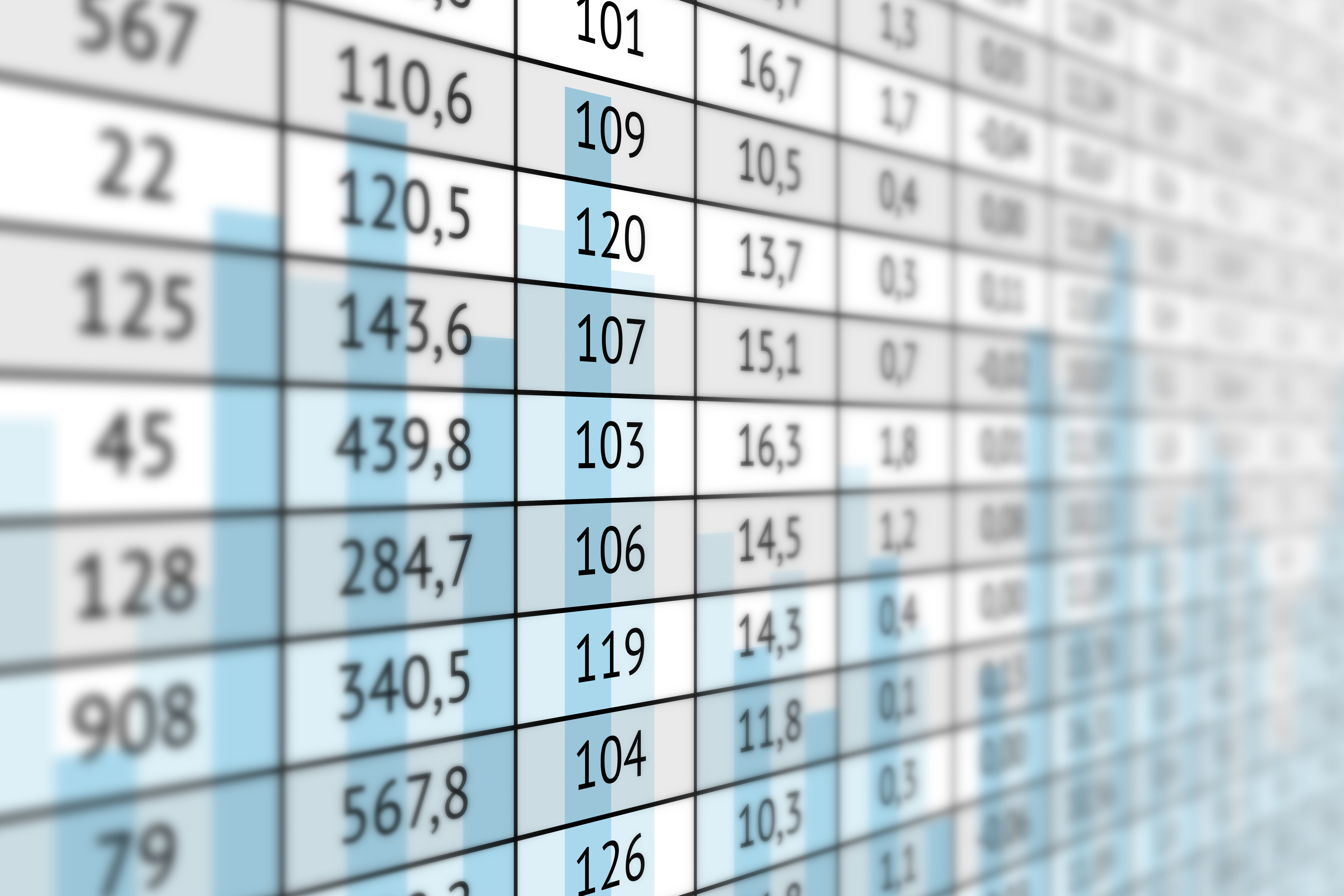In the job, a wide range of data analytics skills are required on a daily basis; everything from in-depth analyses to data visualisation and storytelling. One minute you’ll be composing an SQL query to explore a data set, the next you’ll stand in front of a board of directors outlining how the business needs to adapt according to your findings.
Let’s take look at the key skills associated with being a data analyst. You probably already possess some of the skills, since they cover a broad range of skillsets touching on communication, analytics, and problem solving.
Want to pick up some data analytics skills from scratch, for free? Try out CareerFoundry’s 5-day data short course to see if it’s for you!
Here are the key data analyst skills you need:
- Excellent problem-solving skills
- Solid numerical skills
- Excel proficiency and knowledge of querying languages
- Expertise in data visualization
- Great communication skills
- Key takeways
1. Excellent problem-solving skills
Problem solving is one of the most important data analyst skills you should possess. Around 90% of analytics is about critical thinking, and knowing the right questions to ask.
If the questions you ask are grounded in knowledge of the business, the product and the industry, you’ll get the answers you need. Data analysis is about being presented with a problem (i.e., “why aren’t we selling more red bikes?”), and carrying out the necessary investigative tasks to find the answer.
Data analytics is a lot about thinking logically through the problems you encounter. You’ll come to the right conclusions quicker if you’re familiar with the challenges and nuances of the data. If red bikes aren’t selling well, why could this be? Is it because other colors have larger ranges? Are red bikes typically priced higher than other bikes? Are red bikes only available in mountain bike form, therefore discouraging city dwellers to purchase them? Data analysts draw conclusions quicker by using their logic to understand the data.
2. Solid numerical skills

Many data analysts don’t come from the world of numbers—often, they come from a business or marketing background. It’s perfectly possible to grow your knowledge of this area as you go. While not necessarily a ‘skill’, an aptitude for numbers is certainly a good thing for any aspiring data analyst to have.
You’re going to need to bring a level of numerical expertise to the role, either from formal education or other experience. You can learn most of the numerical data analyst skills—such as regression analysis, which involves examining two or more variables and their relationships—without having to go back to school.
Having a thorough grounding in statistics is also beneficial—you can start by learning about descriptive and inferential statistics, and work up from there. You’re going to need an appreciation for queries, which are commands used by computers to perform tasks. In analytics, these commands are used to extract information from data sets. Brushing up on your knowledge of applied science and linear algebra is going to make things easier for you, although don’t be put off if this is all a mystery to you.
3. Excel proficiency and knowledge of querying languages
As we mentioned earlier, knowledge of Microsoft Excel is an essential data analyst skill for working effectively.
It’s a spreadsheet program used by millions of people around the world to store and share information, perform mathematical and statistical operations and create reports and visualizations that summarize important findings. For data analysts, it’s a powerful tool for quickly accessing, organizing, and manipulating data to derive and share insights.
Data analysts work with Excel every day, so you’re going to have to really know your VLOOKUP from your pivot tables. Want to find out where the red bikes sell the most? Curious as to whether the average price of red bikes is higher than blue bikes? Excel can help provide answers to these kinds of questions.
As well as Excel, analysts need to be familiar with at least one querying language. These languages are used to instruct computers to do specific tasks, including many related to the analysis of data. The most popular languages for data analysis are SQL and SAS. For a good introduction to SQL, try this cheatsheet. Programming languages such as Python and R also have a wide variety of powerful programs dedicated to analyzing data.
Many of the languages available perform different functions or are geared at one particular industry. SAS is primarily used in the medical industry, whereas SQL is often used for retrieving data from databases. If you have an idea of the industry you’d like to work in, it’s beneficial to do some research and find out what languages they use—tailoring your learning to the sector(s) you’re most interested in is a clever move.
4. Expertise in data visualization

It’s difficult to take a complicated topic and present findings in a simple way, but that’s precisely the job of the data analyst!
It’s all about turning your findings into easily digestible chunks of information. Telling a compelling story with your data is crucial, and so much of this involves the use of visual aids. Graphs and pie charts are a popular and extremely effective means of illustrating data findings.
Both Microsoft Excel and Tableau boast plenty of options for visualizing data, enabling you to present findings in an accurate way. This data analyst skill lies in knowing how best to present the data, so that your findings speak for themselves. There’s something of a tendency among tech professionals to speak in complex and esoteric terms, but to be a good data analyst is to communicate findings easily and effectively through simple visualizations.
5. Great communication skills
As well as being able to visualize your findings, accurately, data analysts must be able to communicate findings verbally. Data analysts work constantly with stakeholders, fellow colleagues and data suppliers, so good communication is an essential data analyst. How good are you at talking to people? Can you effectively break down technical information into simple words? This is a crucial skill that goes hand in hand with data visualization—it’s all in the delivery!
You’ll often need to present your findings in front of an audience, who might not be familiar with your analytical methods and processes. The job of the data analyst is to clearly translate their findings into non-technical terms. Your audience wants to hear your findings in ways which relate to their own roles. The bike designer is interested in hearing what designs of the red bike aren’t selling that well, and if customers are choosing not to buy a certain design in red.
The marketing manager wants to know if red bikes aren’t selling well in a certain country and whether sales have been affected by lack of marketing spend. The product manager wants to know if there is a general shift in popularity towards fixed gear bikes, and whether the drop in red bike sales is likely to last for a longer period of time. It’s crucial data analysts take their audience into consideration.
Key takeaways
- Data analysts aren’t one trick ponies! They have a broad skillset incorporating a wide range of data analytics skills.
- A head for math and statistics is core to the work of a data analyst.
- As well as robust Excel knowledge, a good command of at least one programming language is required to carry out effective data analysis.
- Having the ability to effectively ask “what does this mean?’” and “what impact could this have on something else?” is an essential part of analyzing data.
- Similarly, possessing the ability to communicate your findings both visually and verbally is crucial to the role of the data analyst.
- Data analytics is a hands-on field; get a taste of what it’s like in this free introductory short course.
So you’ve now learned about the main data analyst skills. If that’s made you curious to learn more, our data analytics blog contains more related articles about working in the field. And, if you’re keen to find out how to become a data analyst, check out this guide.
